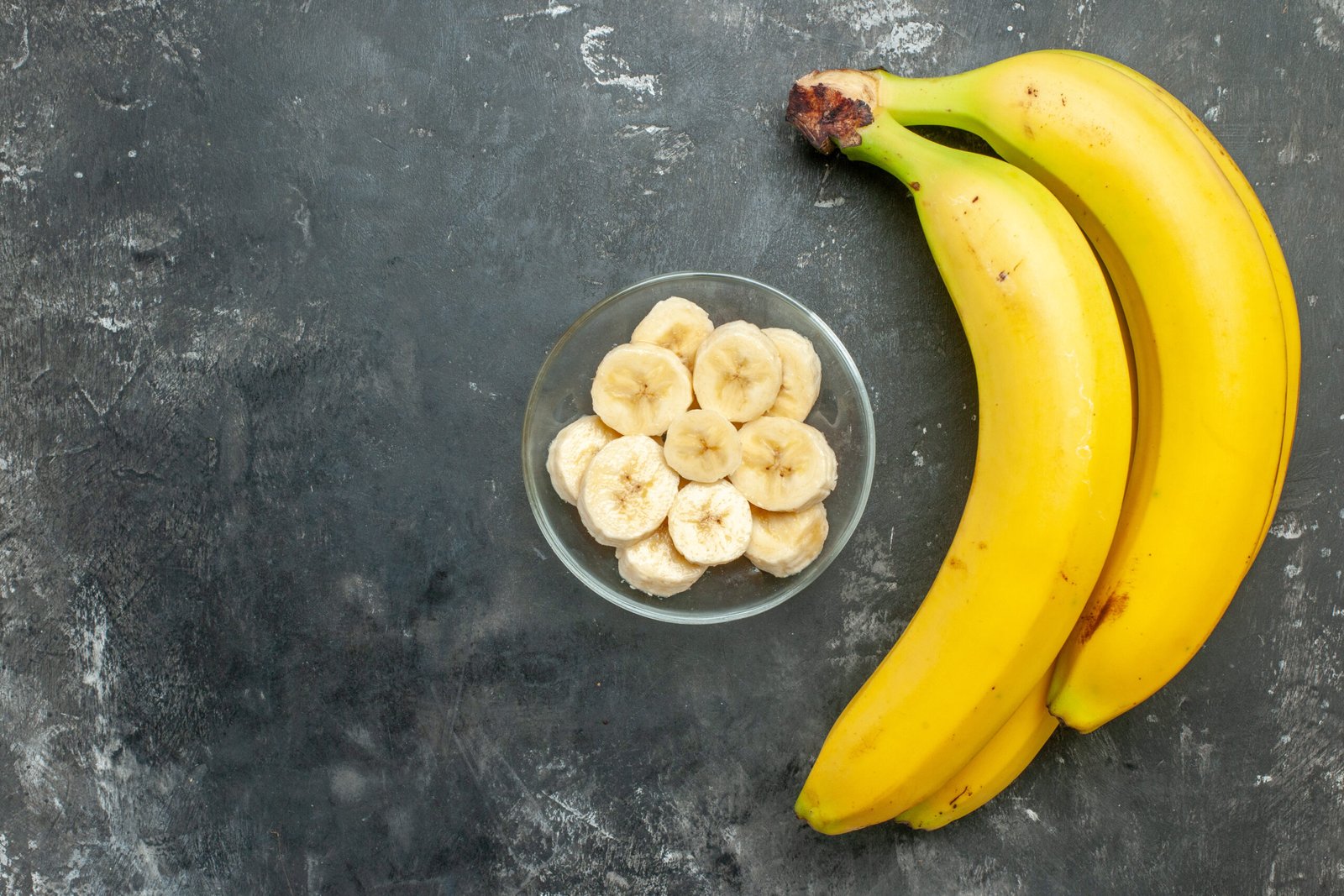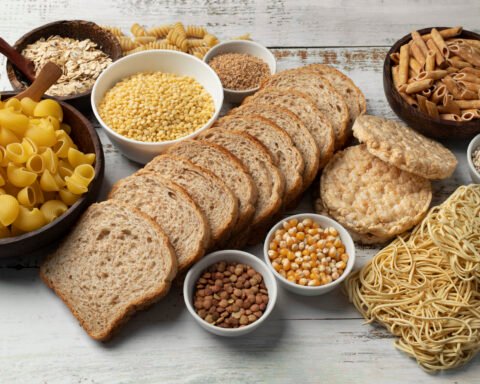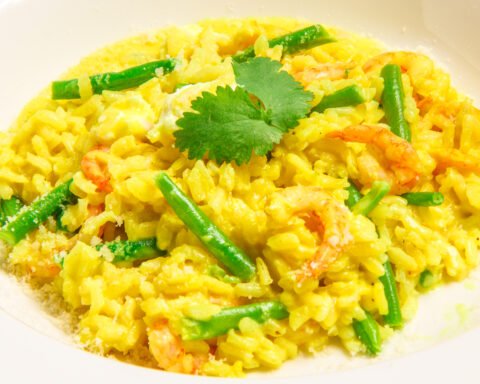We all love bananas for their convenient snackability and sweet taste, but have you ever wondered about the nutritional powerhouse hiding beneath that yellow peel? Today, we’re peeling back the layers to unveil the secrets of banana carbs, exploring the reasons why this fruit is not only delicious but also a fantastic source of essential nutrients.
Bananas have earned their spot as a go-to snack, loved for their convenience and natural sweetness. But what makes them such an energy-packed delight? Let’s delve into the world of banana carbs, unraveling the mystery behind these delicious yellow wonders and discovering why they’re not just a treat for the taste buds but also a powerhouse of essential nutrients.
The Basics of Banana Carbs
Bananas are primarily composed of carbohydrates, the body’s preferred source of energy. In fact, almost 90% of a banana’s calories come from carbs, making it a quick and efficient energy booster. The two main types of carbohydrates found in bananas are simple sugars and complex carbohydrates, each playing a crucial role in fueling our bodies.
Natural Sugars
Bananas are renowned for their natural sweetness, thanks to sugars like glucose, fructose, and sucrose. These sugars provide a rapid energy boost, making bananas an excellent choice for a quick pick-me-up during a busy day or before a workout.
Resistant Starch – The Healthy Carb
Beyond the sugars, bananas also contain a type of carbohydrate called resistant starch. This unique carb isn’t fully broken down in the digestive system, behaving more like dietary fiber. Resistant starch has been linked to various health benefits, including improved digestion and better blood sugar control
Nutrient-Rich Package
Bananas aren’t just about carbs; they come with a host of essential nutrients, including potassium, vitamin C, vitamin B6, and dietary fiber. These nutrients work together to support heart health, boost the immune system, and aid in digestion.
The Perfect Workout Fuel
Looking for a natural energy kick before hitting the gym? Bananas, with their easily digestible carbs, make for an ideal pre-workout snack. The combination of simple sugars and complex carbohydrates provides sustained energy to power through your exercise routine.
Balancing Your Diet with Bananas
While bananas are a nutritious snack, it’s essential to balance your overall diet with a variety of foods. Incorporate bananas into a well-rounded eating plan to ensure you get a diverse range of nutrients.While we’re diving into banana carbs, let’s not overlook the other nutrients that come bundled with them. Bananas bring potassium, vitamin C, vitamin B6, and dietary fiber to the table, promoting heart health, boosting the immune system, and keeping digestion in check.
Optimal Ripeness for Carb Content
The carb content of bananas changes as they ripen. Green bananas have more resistant starch, while yellow bananas contain higher levels of natural sugars. Choose based on your nutritional needs and taste preference.
The carbs in bananas contribute not only to their delicious taste but also to their status as a nutritional powerhouse. Whether you’re reaching for a quick energy boost, supporting your workout, or just enjoying a tasty treat, understanding the nutritional breakdown of banana carbs adds a layer of appreciation for this beloved fruit. So, go ahead, grab that banana, and savor the natural goodness it brings to your health and well-being.




